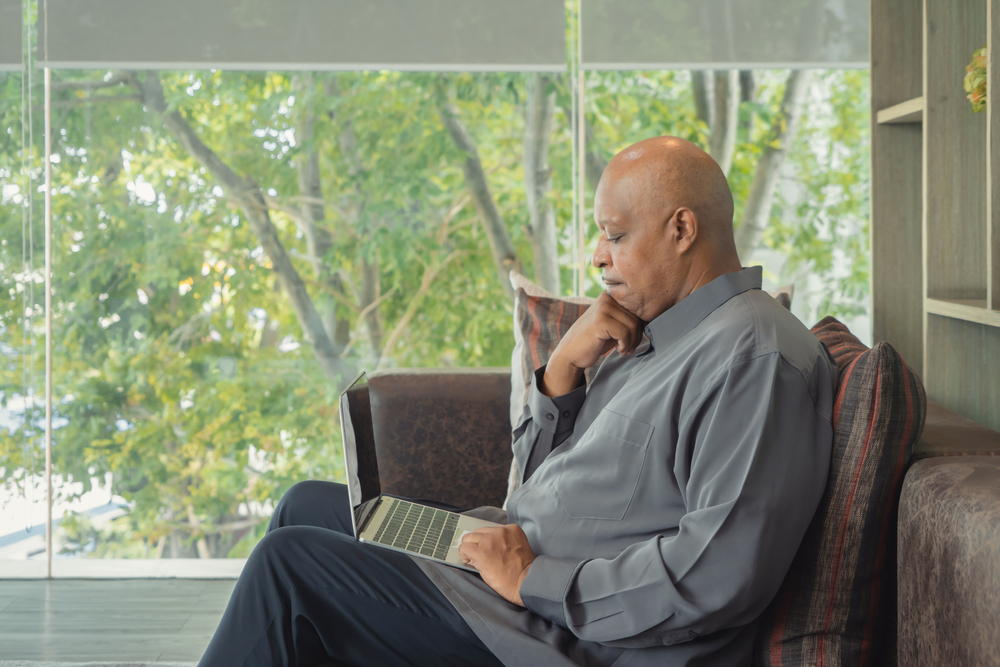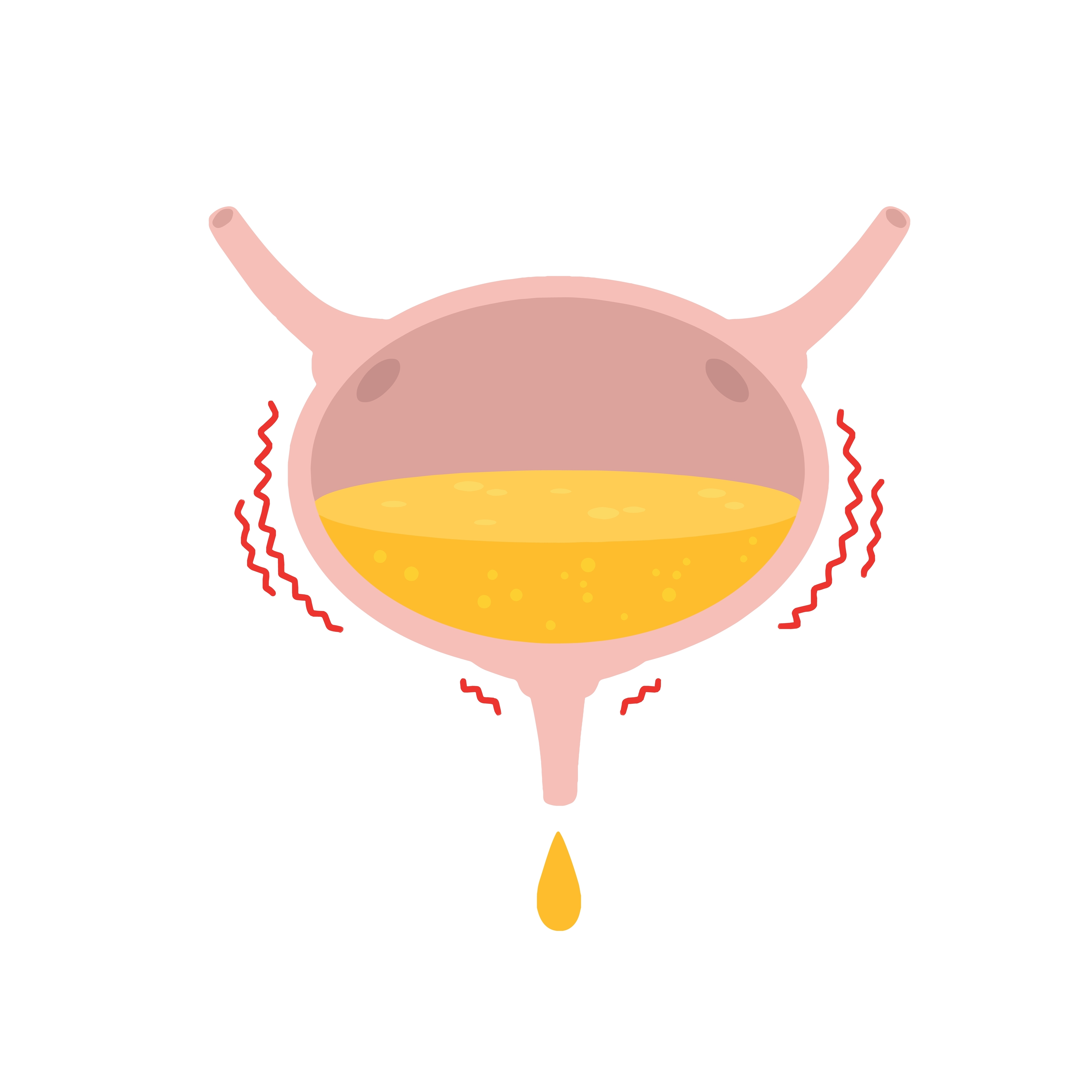Getting support for peeing problems
Some treatments for prostate cancer will cause problems with peeing. This may be:

Leaking or dribbling pee

Problems passing pee.
Watch this short animation about getting support for peeing problems after treatment for prostate cancer.
The animation describes the experience of a man who has had surgery. However, the information is also relevant for people who have had other treatments.
What support should you be offered for peeing problems?
The National Institute for Health and Care Excellence (NICE) provides guidance on:
- How different conditions should be treated
- What treatments should be made available.
Learn more about NICE and what they do by visiting their website (link will open in a new tab).
- NICE has put together guidelines for the diagnosis and management of prostate cancer.
- Please note that these are just guidelines and are not a legal requirement.
- However, you can use this information to help you to ask questions of your healthcare team.
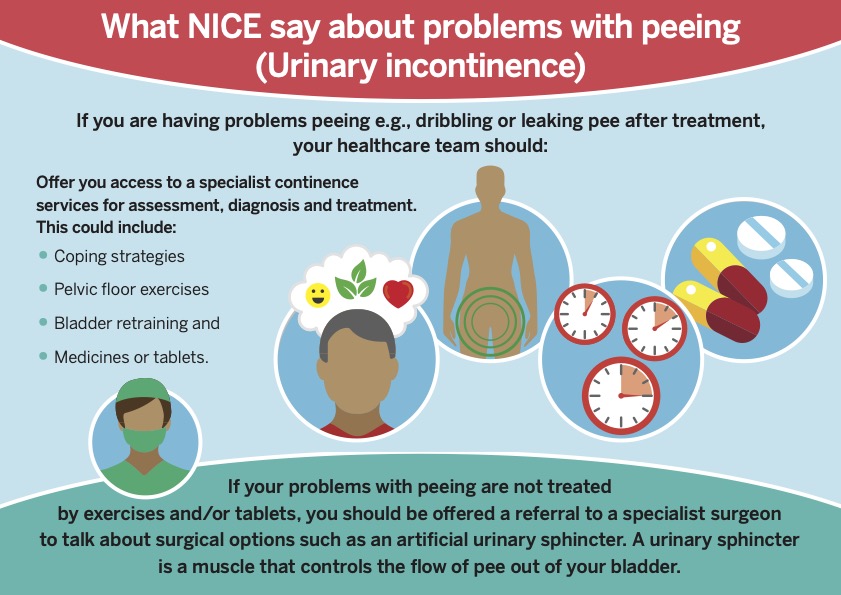
- Not every hospital will have access to all services mentioned in the guidance.
- However, they may be able to refer you to services in a nearby hospital.
- Use our local services finder tool (link will open in a new tab) to find out what support services are available in your local area.
Continence services

Many areas will have an NHS-run continence service. These are often staffed by continence nurse specialists and continence advisors.
What do they do?
They will ask you about the
- Problems you are experiencing
- Your general health
- Your medical history.
They will then be able to offer advice and treatment plans suitable for you.
This may include:
- Pelvic floor exercises
- Bladder training
- Medication.
They can work with your GP to prescribe medication or devices.
They can link with other healthcare professionals if you need more specialist treatment.
How can I get referred?
- You can ask your GP or hospital team to refer you
- You may also be able to self-refer.
- Check our local services tool to see what is available in your area.
What can I do to help myself?
Pelvic floor exercises
In men, the pelvic floor goes from the tailbone (coccyx) to the pubic bone. It supports the bladder and bowel.
The tube that brings pee from your bladder to the outside is called the urethra. The urethra and the rectum pass through the pelvic floor muscles.
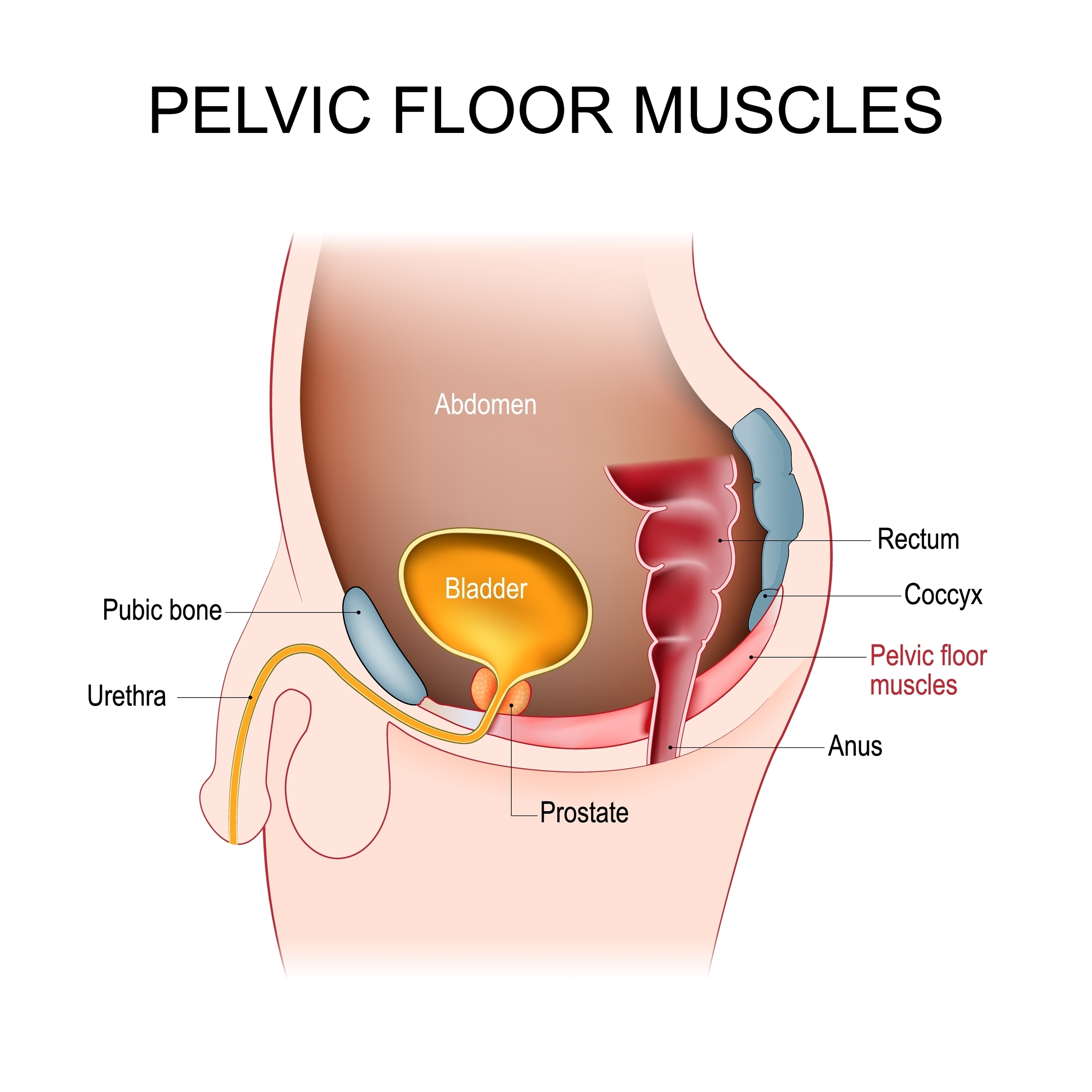
Why is the pelvic floor important?
The pelvic floor is important in:
- Bladder and bowel control
- Helping to keep an erection.
Pelvic floor exercises can help to strengthen your pelvic floor muscles.
When should I start pelvic floor exercises?
- You may be advised to start the exercises at least six weeks before your surgery. This can help to reduce leaking afterwards.
- After your surgery, you will have a tube going into your bladder to drain away the pee. This is called a catheter.
- You will need to stop the exercises while the catheter is in place. You can start again once the catheter has been taken out.
What if I need support with my exercises?
- If you would like some support, you can be referred to a pelvic health physiotherapist.
- They will be able to assess your pelvic floor and make sure you’re doing your exercises correctly.
- Most NHS hospital trusts have a pelvic health physiotherapy service.
- You can usually self-refer. You can also get a referral from your GP, consultant or nurse specialist.
- Click on the resources tab for more information on how to access a pelvic health physiotherapist privately.
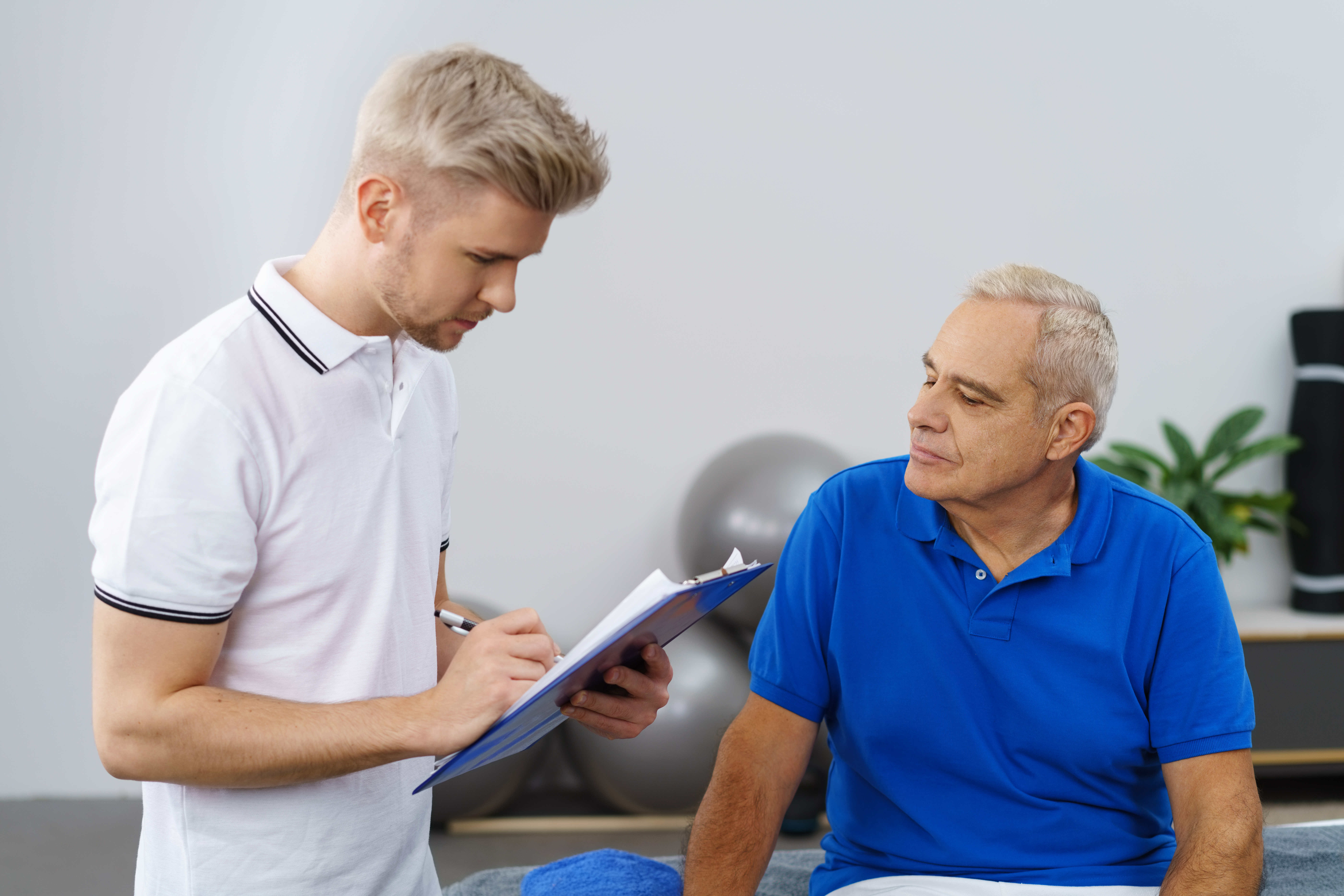
What can you do if you can't access services or products in your area?
You may not be able to access free continence products or services in all areas. Ask your GP for more information.
- You can also contact your local Integrated Care Board (ICB). The ICB sets prescribing policies locally.
- An ICB is also responsible for:
- Managing the local NHS budget
- Arranging the delivery of health and care services locally.
You can ask them:
- What NHS continence services are available to you in your area
- Why you are unable to access free pads, pants or other continence products on prescription.
You can find their contact details on the NHS England website.

About this information
- This information was published in June 2024. Date of next review: April 2026.
- References and bibliography available on request.
- If you want to reproduce this content, please see our Reproducing Our Content page (this link will open in a new external tab).
The toolkit is an information resource for people affected by prostate cancer. The development has been funded through an educational grant from Advanced Accelerator Applications (A Novartis Company).







